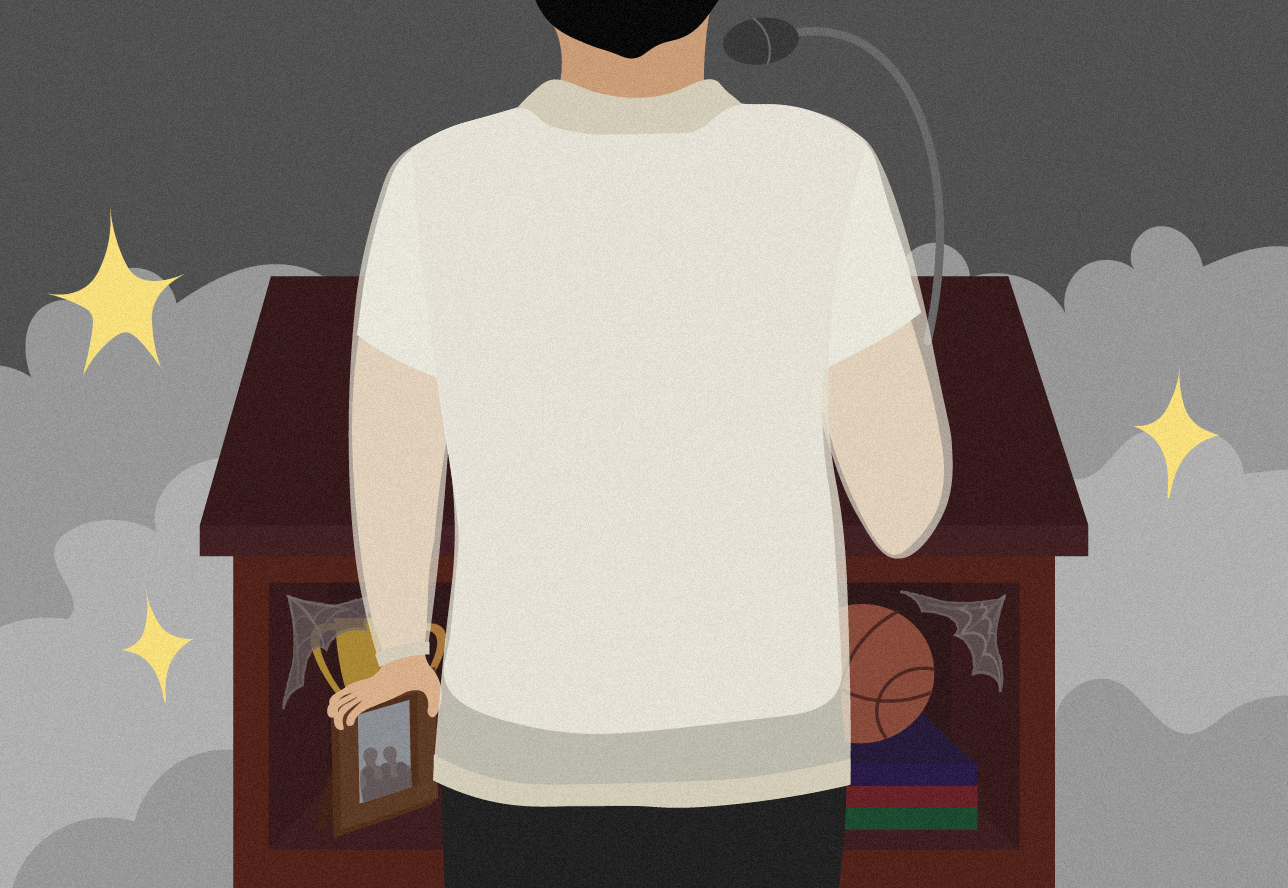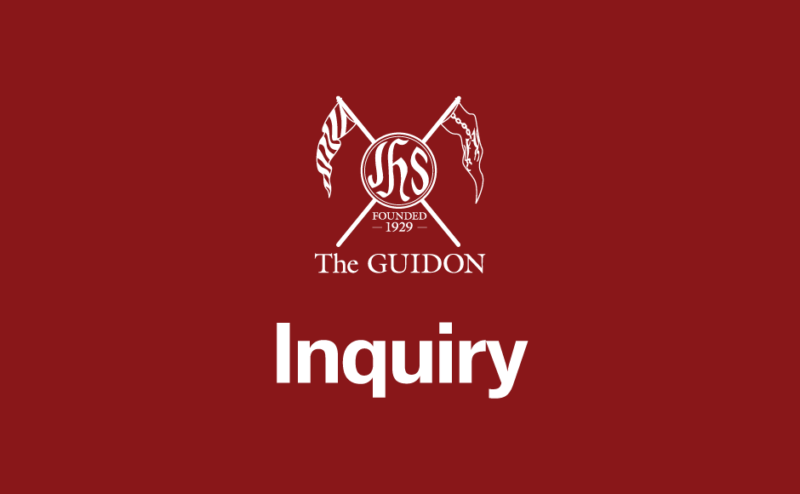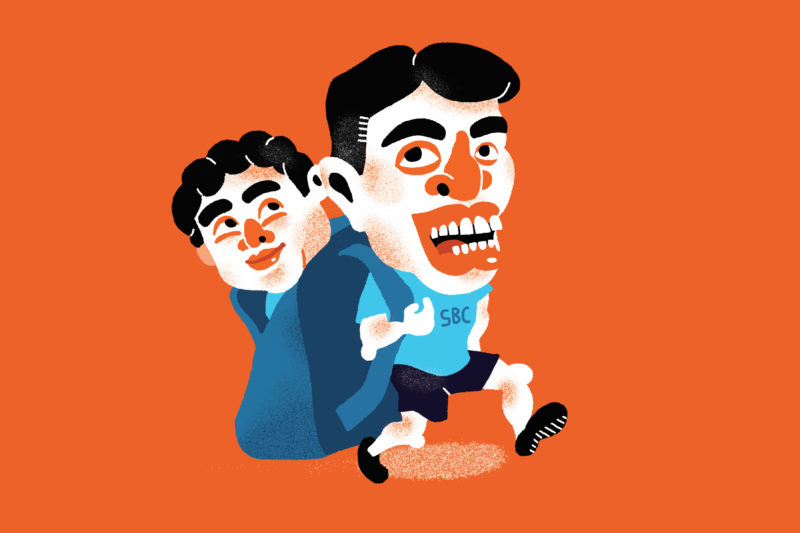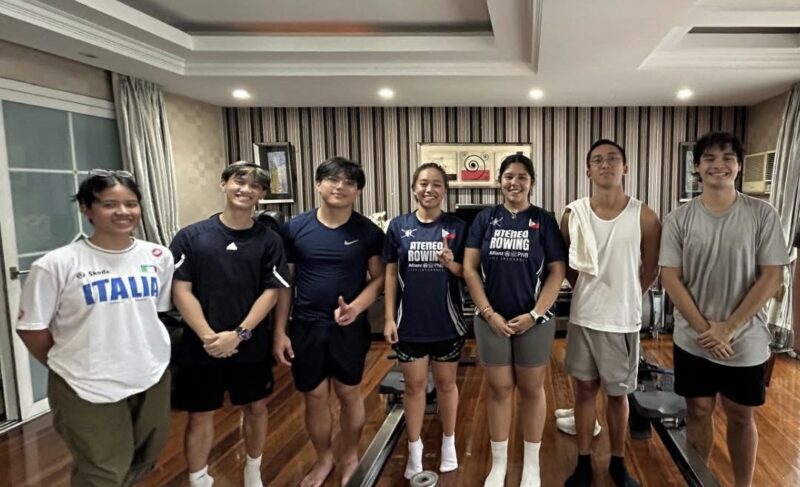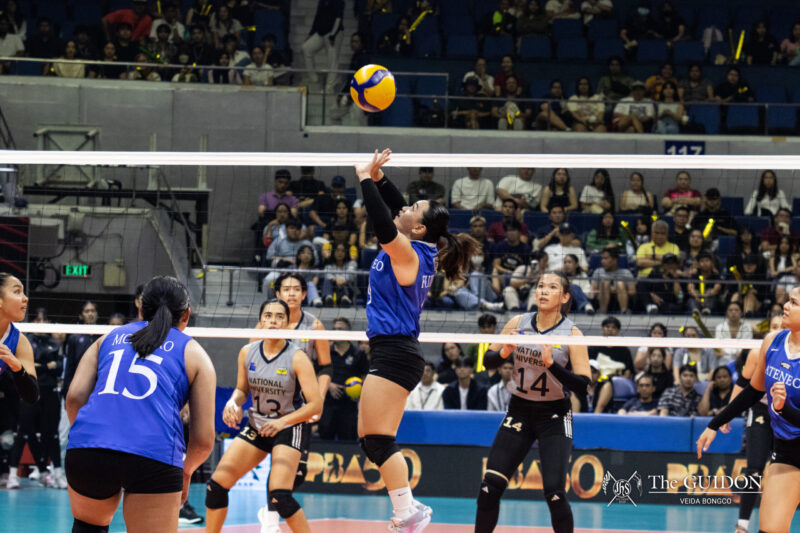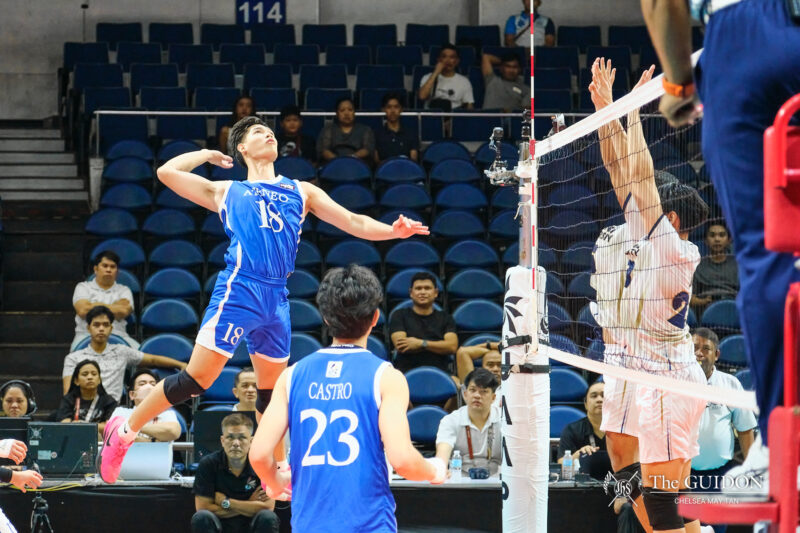Over the years, the question of whether or not there is a line between a leader’s personal and political life has risen to prominence. This can be seen in eminent political personalities such as Andres Bonifacio, Corazon Aquino, and even the current President Rodrigo Duterte. The latter in particular has a growing list of controversies, given his penchant for making inflammatory remarks toward various groups and individuals.
According to Political Science Instructor Arjan Aguirre, a leader’s personal aspects include “educational background, [beliefs, philosophy], religion, characteristics, [and] personal attributes,” among others. Concurrently, he says leaders also have attributes that are considered to be public in nature. “For example, if he is a member of a political party, he has to embody the principles and ideologies that [the party] embodies.”
Aguirre stresses that these two aspects are inevitably intertwined. “Don’t forget that the person [who] occupies the office is still influenced by the very qualities inherent [to] or embedded in his or her body,” he says.
Personal to political
Aguirre cites President Duterte as an example to illustrate how a leader’s personal qualities “shape [their] office,” and their public lives.
“Personal attributes niya, yung mga belief system, yung kanyang macho disposition, misogynist tendencies, nadala sa office (He brought all of his personal attributes, belief systems, macho disposition, and misogynist tendencies to the office).” After all, it’s President Duterte’s strong feelings about certain topics that ignited the infamous “War on Drugs.” From this, it is clear that leaders are motivated by personal beliefs in some shape or form.
Closer to home, former Sanggunian President Hyacenth Bendaña shares some of the inspiration behind the policies she enacted during her term. She notes how her platform “[was] a result of an entire year of talking to individuals and an entire year of conversations with random people without a political agenda.” According to Bendaña, her various experiences with students with mental health problems, as well as survivors of sexual harassment are what paved the way for Sanggunian’s increased focus on mental health.
Like Bendaña, other leaders may have various personal motivations while in office, but these are not always rooted in noble intentions. “Remember yung mga corrupt, ito yung mga example ng na-consume ng kanilang personal (Remember, those who are corrupt are examples of people who have been consumed by the personal), ” says Aguirre. Filipinos habitually see how this manifests as corruption continues to be a pressing problem in the Philippines. For instance, the Philippine Center for Investigative Journalism has begun probing Duterte’s family wealth last April, to which Duterte told them that it was none of their business. Such a response is not warranted, especially with transparency and accountability in mind.
Permeating sides
While it is possible for the personal to influence the political, the impact of a politician’s career on their personal lives can not be ignored. An example from national politics would be de Lima’s string of controversies in 2017—like her alleged links to illegal drug trades—which led to her imprisonment and thus inability to attend family events such as her son’s graduation.
Politics is also known to affect a leader’s physical health. Medical professionals Andrew Olenski, Matthew Abola, and Anupam Jena conducted a study that shows that there is a “substantial increase in mortality risk” for elected heads of states “compared [to] candidates in national elections who never served” due to the stress of leadership and political life. This can be seen in the interest in Duterte’s health, which has been put into question over the last few years. He has stated multiple times that he wished to step down because he was tired and stressed, although he has yet to follow through on any of these remarks.
A person’s mental health is also very much at risk when taking on leadership positions. When asked about how politics has affected her personally, Bendaña recounts tremendous amounts of pressure and emphasizes that even student leaders of the Ateneo are not immune to the scrutiny of their persons. She described her position as “twofold.” While it gives her power, she feels as if she had been stripped of her “humanity.”
Bendaña recalls an instance wherein she was criticized for expressing a more human, but less political side of herself. “I was sharing cute animal pictures on Twitter when a netizen called me out,” she recounts. “They said I made it look like I didn’t care at all about [our country’s] national issues.”
She further asserts that people often treat leaders as if they are incapable of making mistakes. “As people who are placed in leadership positions, we don’t receive compassion,” she said. Bendaña cites how everything felt like it boiled down to her. “It’s preventing people from actually leading because you will be overwhelmed with the fear of being hated upon,” she adds.
Bendaña urges that we should be more compassionate with one another, to help each other “instead of pulling each other down.” When asked however if this compassion should be extended to national leaders, she says “we’ve extended it far too much, to be honest. The first demand of love is justice, and on the national level, that demand is the one we should be asking for.”
Public eye
Through their intertwined personal and political facets, leaders inevitably develop the communities they serve according to their individual motivations. According to Aguirre, a politician’s personal life can fascinate people because of how relatable they are to the masses. He says that there is a “personalization of public office” to make a politician more relatable, particularly if a leader is a populist.
To him, populism is “a people-oriented kind of regime or rule or thinking.” Richard Javad Heydarian details this further in his 2018 article for The Washington Post entitled Understanding Duterte’s mind-boggling rise to power. He states that “the appeal of populists and strongmen…lies in their uncanny ability to tap into collective frustrations—most especially among aspirational middle classes—over the inefficacy of state institutions to accommodate new voices and provide basic goods and services.”
Aguirre observes that “this is also the phenomenon of our modern contemporary media culture.” He says that “these days people like spontaneity [and] sincerity.” The past few years have seen the rise of populism partly due to the advancement of technology, allowing populists to use social media to boost their own platforms.
To avoid the path of populism, media and journalism should provide the venue and means for more critical, informed discourse. Public scrutiny facilitated by the media can hold leaders accountable for the policies they implement. According to Aguirre, the purpose of the media is “to always make sure that this person is doing his or her job.” Being critical of community leaders can help ensure that the power granted to them is not used to only serve their own personal interests.
However, misinformed scrutiny can have its downsides, particularly when it begins to be uncritical, focusing on sensationalism rather than the individual’s impact on the public. Aguirre believes that the personalization of public office has lead to a “TV Phenomenon,” wherein leaders become something akin to reality stars rather than public servants. Their personalities are highlighted over their work.
Aguirre points out another flaw in local media: “It is not independent [or] autonomous. It is […] captured by the market interest.” He then cites large media companies like GMA and ABS-CBN, both of which profit from paid advertisements. Aguirre states that these weak structures are “the reason why we continue to elect people who are not fit. We continue to elect people who betray us.”
Finding the balance
Given this danger of politics diluting into contests of personality and popularity, is it still possible to draw a line–albeit a very thin and fragile one–between the personal and the political?
“I actually think you cannot separate the personal from the political. Whatever is personal is also political and vice versa,” says Bendaña. Aguirre affirms this, saying that the personal and political should instead be made equal. “Kailangan balanced. Hindi puwede yung personal [will] define the public life or yung public life i-tratrample yung mismong personal. (It needs to be balanced. The personal cannot define the political and the public life cannot trample the personal.)”
Thus, while it is common for people to debate whether the personal should be separated from the political, perhaps a better question to ask is what can be done to ensure that these two aspects are balanced. This balance is difficult to achieve and we must learn how to hold our leaders accountable without venturing into political persecution.
At the end of the day, there is no silver bullet that will solve the problems brought about by the clash of the two aspects. Nevertheless, there are still initiatives common students can take part in to mitigate the effects of said issue. Aside from choosing leaders with honorable motivations, there is also a need to strengthen media outlets that spark informed and productive discourse about quality leadership. Initiatives like these will help ensure that the personal and the political aspects are kept in check by informed members of the community themselves.

